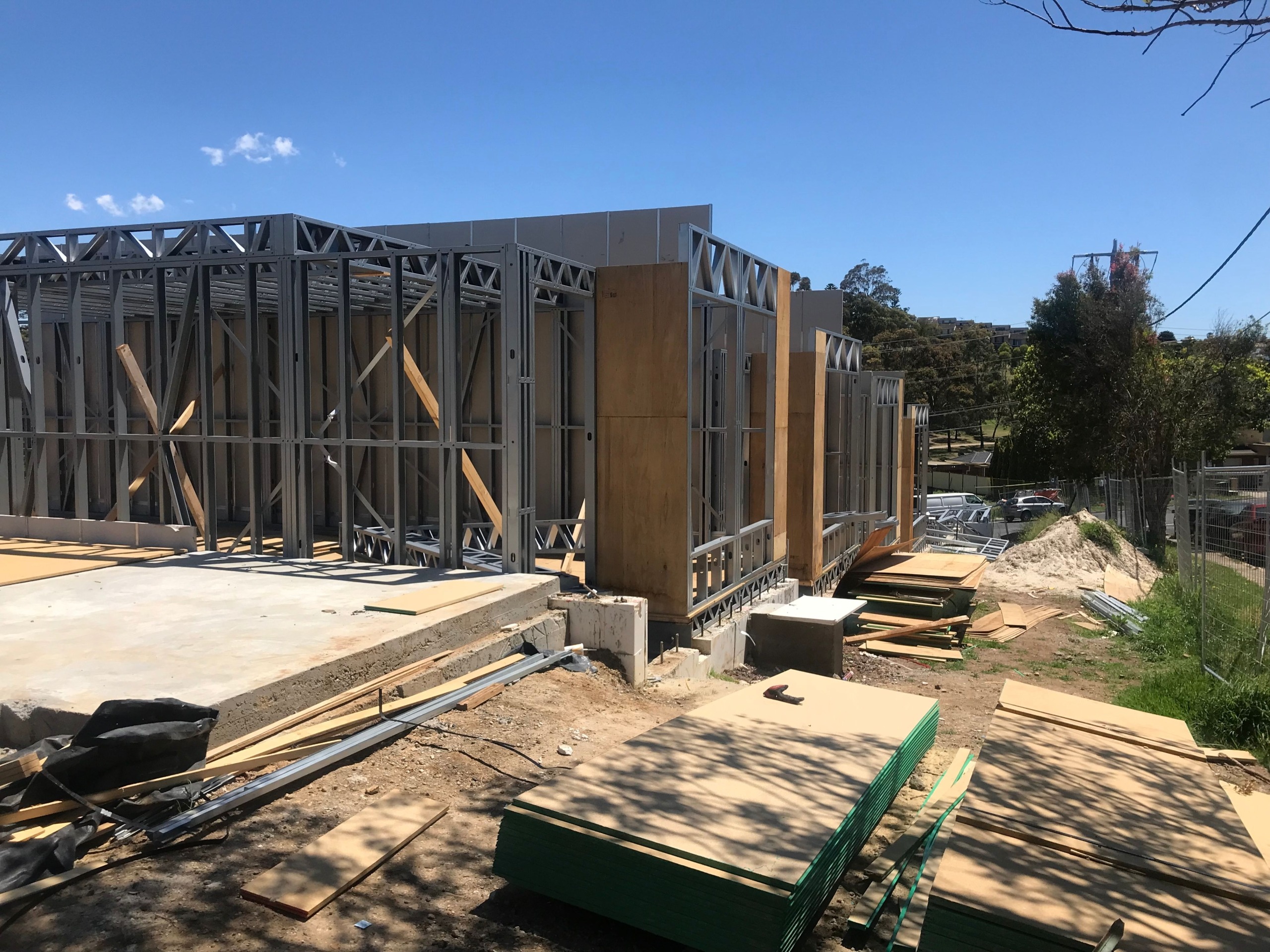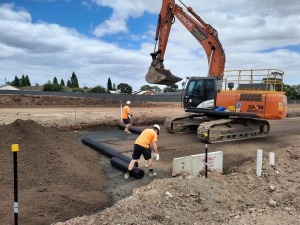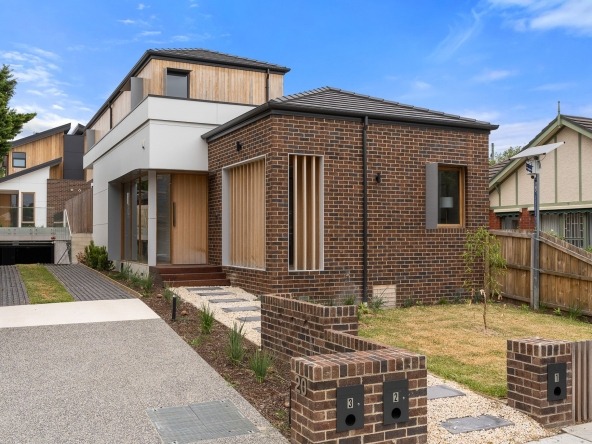What is a construction loan?
A construction loan is a type of loan that is used to pay for the cost of building a new house or a major renovation/upgrade to an existing home. It require a different payment scheme in comparison to traditional home loan because it is funded via progressive payments (also known as draw-downs). This is where the lender releases funds throughout the stages of construction.Construction generally consists of five stages:
- Concrete slab stage
- Frame stage
- Lock-up stage
- Fixing stage
- Completion/Handover
What to consider when choosing a construction loan
As construction loans work differently to a traditional home mortgage, here are some things to consider when choosing a construction loan. Please consult your finance/mortgage broker who can provide you with advice in relation to your lending needs.- Interest rates – As you are charged interest on your accumulative loan balance, you should ensure your interest rate is competitive in the market. Securing the best construction loan interest rate will lower monthly repayments.
- Interest-only option – Construction loans can offer an interest only feature during the period of construction. This maybe helpful as you are covering the loan repayments while you can’t occupy the home or rent it out while its under construction.
- Property valuation – Your lender will request to value the house and land to determine your loan-to-value ratio. This is when you need to ensure you haven’t over capitalise on your build.
- Build deposit – Most builders will request a minimum of 5% up front to commence the build. This doesn’t mean the lender will fund the rest of the 95%. You should make sure you have a pre-approval before signing a build contract.
- Loan fees – A construction loan may charge additional costs such as monthly administration fees, settlement fees or a valuation fee. Make sure before accepting a loan offer, you have a clear understanding before choosing a construction loan. A mortgage broker has access to a variety of lenders and loan products. They can provide a well of information so you make an informed decision.
- Executed contracts – When applying for a construction loan you will need a signed ‘land’ contract of sale and a ‘building’ contract that outlines the floor plans and specifications. At Crest Property Investments, we recommend a full turn-key solution that includes everything such as site costs, fencing, landscaping and a fully completed home.
- Nominated builder – Your lender will want to know who the nominated builder is. Make sure you appoint a competent builder who has the right credentials and experience to deliver what is expected.
What to do next?
If you’d like to learn more about buying a house and land package please don’t hesitate to contact us. We would welcome the opportunity to help with your property purchase.Our YouTube channel and Market Insights also provide a wealth of information to assist you with many areas relating to property.
While we have taken care to ensure the information above is true and correct at the time of publication, changes in circumstances and legislation after the displayed date may impact the accuracy of this article. If you want to learn more please contact us. We welcome the opportunity to assist you.
February 2023





